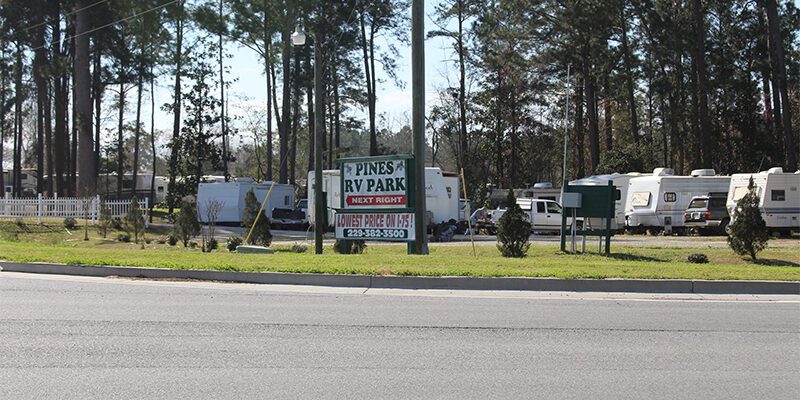
What are the Advantages of Home Ownership?
If you are someone who has been considering buying a home lately, then you must have also been wondering about the advantages of home ownership. Owning a home is a significant investment, and it is always a big deal to take the leap. However, the truth is that there are several advantages to owning a home that makes it an appealing investment for anyone. In this blog post, we will delve deeper into the advantages of home ownership and give you compelling reasons why owning a home is a great decision.
Builds Equity:
One of the biggest advantages of owning a home is that it builds equity over time. As you pay your mortgage every month, you are building equity in your home. Essentially, equity is the difference between your home’s value and the remaining mortgage balance. Equity is an asset that accumulates over time, and it can be used to secure loans for other investments in the future.
Tax Deductions:
Homeownership comes with several tax benefits. For instance, the interest you pay on your mortgage is tax-deductible. Additionally, the property taxes you pay are also tax-deductible. These deductions can significantly lower your overall tax bill, and you’ll get to save a lot of money.
Stability:
Owning a home provides stability in many ways. You are in control of your living space, and you can do what you want with it. You have the freedom to make improvements, decorate, and even expand if needed. Homeowners can also establish roots in their community, have a sense of belonging, and enjoy better neighborhood relationships.
Appreciation:
Another significant advantage of owning a home is the potential for appreciation, which refers to an increase in your home’s value over time. Over the years, homes typically appreciate in value, which can be beneficial when you decide to sell your house in the future.
Lower Long-Term Costs:
Although owning a home may seem more expensive than renting in the short term, it can be less expensive in the long term. For instance, as a homeowner, you won’t have to worry about rent increases, and you’ll have a predictable monthly payment for your mortgage. Additionally, once you pay off your mortgage, you will no longer have monthly housing expenses.
Conclusion:
In summary, home ownership comes with numerous advantages, including building equity, tax deductions, stability, potential for appreciation, and lower long-term costs. We hope this blog post has helped you see why owning a home is an excellent investment. It’s essential to do your research and make sure you are financially ready, but when the time is right, buying a home is an investment that can pay off in a big way.








